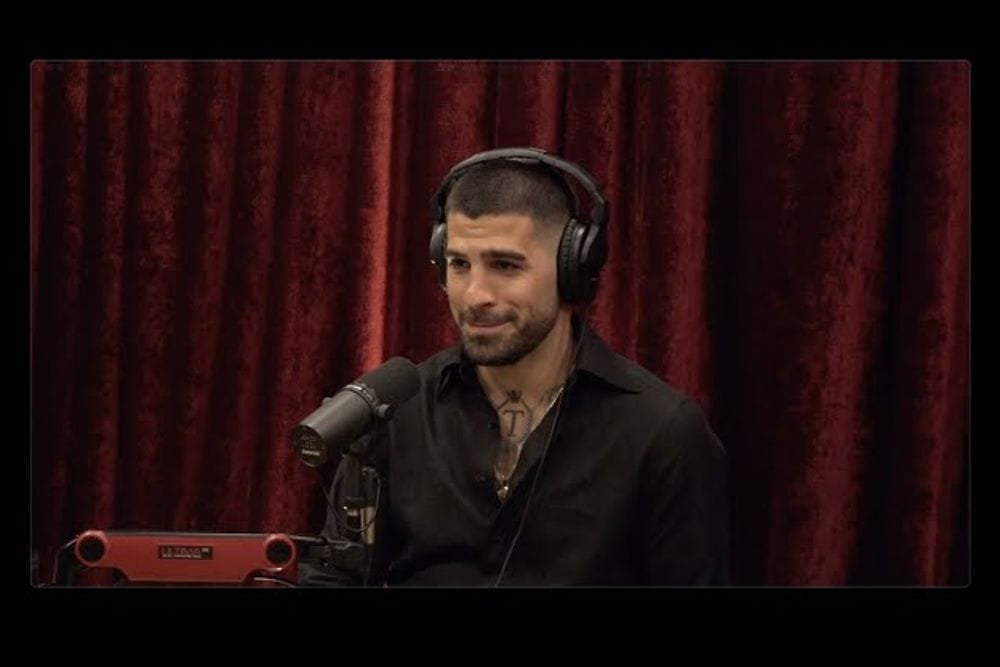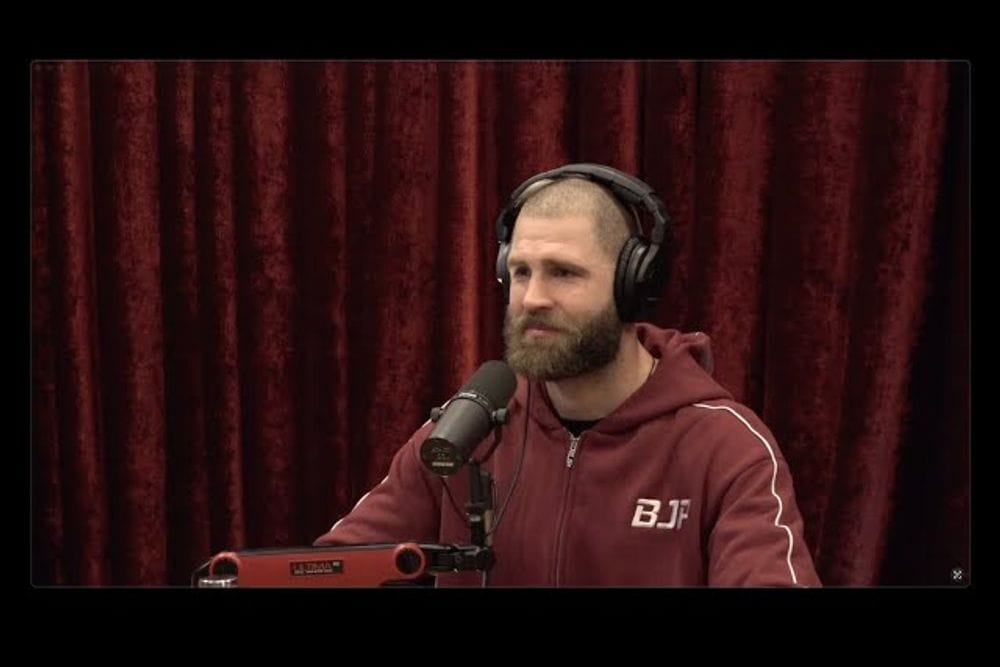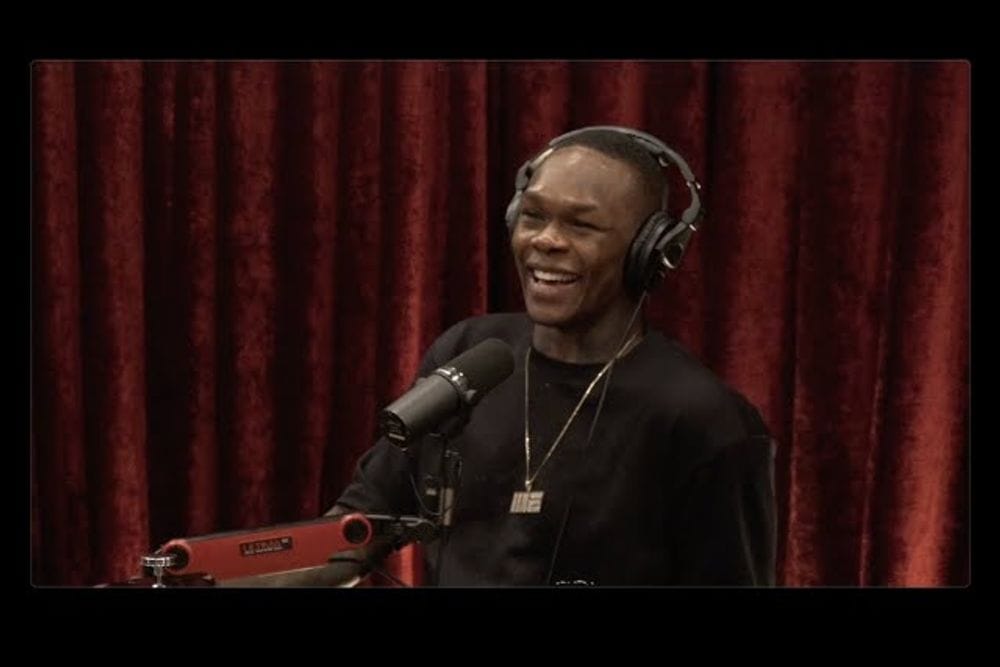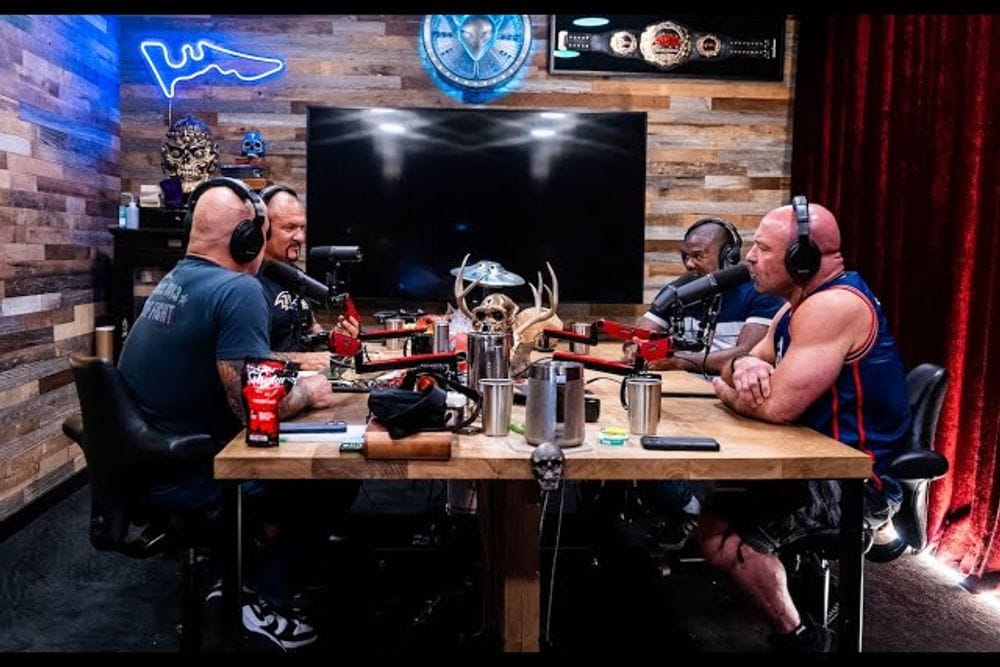Inside UFC's Anti-Doping Efforts with Jeff Novitzky on JRE MMA Show
Jeff Novitzky, UFC's VP of Athlete Health and Performance, discusses anti-doping efforts on the JRE MMA Show. He covers testing protocols, challenges, and education to ensure fair competition.
Overview of UFC's Athlete Health and Performance
In a recent episode of the JRE MMA Show, posted on January 3, 2018, Jeff Novitzky, the Vice President of Athlete Health and Performance for UFC, sat down to discuss the intricacies of maintaining clean competition within the organization. Novitzky, a key figure in UFC's anti-doping program, provided an in-depth look at the measures taken to ensure fighters are competing fairly and safely. The conversation delved into the policies, testing protocols, and challenges faced in upholding the integrity of the sport.
The Role of Anti-Doping in UFC
Novitzky explained the comprehensive anti-doping program implemented by UFC in partnership with the United States Anti-Doping Agency (USADA). He highlighted how the program is designed to deter the use of performance-enhancing drugs (PEDs) through random, year-round testing. At around the 15:30 mark, he emphasized that the goal is not just to catch violators but to prevent doping in the first place by creating a culture of clean sport. This includes educating athletes on prohibited substances and the consequences of violations.
He also discussed the logistics of testing, noting that fighters are subject to unannounced tests at any time, whether in or out of competition. This rigorous approach ensures that athletes remain accountable, fostering an environment where skill and hard work, rather than chemical enhancements, determine success in the octagon.
Challenges in Combating PED Use
At approximately the 45:10 point in the discussion, Novitzky addressed some of the biggest challenges in combating PED use. One significant issue is the constant evolution of doping methods and substances. As new drugs and techniques emerge, the anti-doping program must adapt quickly to detect them. He mentioned the importance of staying ahead of these trends through scientific advancements and collaboration with experts in the field.
Another challenge is ensuring fairness across a global roster of fighters. With athletes training in various countries, coordinating tests and maintaining consistent standards can be complex. Novitzky underscored the importance of transparency and communication with fighters to build trust in the system.
Educating Fighters on Health and Compliance
A significant portion of the conversation, starting around the 1:10:20 timestamp, focused on the educational aspect of Novitzky's role. He stressed that many fighters may not fully understand the risks associated with certain supplements or medications. The UFC works to provide resources and guidance to help athletes make informed decisions, reducing the likelihood of accidental violations.
Novitzky also touched on the health implications of doping, beyond just competitive fairness. He noted that the use of banned substances can have long-term detrimental effects on fighters' well-being, making prevention a critical component of athlete health initiatives within the organization.
Impact on the Sport's Integrity
Towards the latter part of the episode, near the 1:35:45 mark, the discussion shifted to how anti-doping efforts impact the perception of MMA as a legitimate sport. Novitzky argued that a robust anti-doping program is essential for gaining respect from mainstream sports audiences and regulatory bodies. By demonstrating a commitment to clean competition, UFC aims to solidify its standing as a credible and ethical athletic organization.
He also pointed out that high-profile cases of doping violations, while damaging in the short term, serve as opportunities to reinforce the seriousness of the program. These incidents remind athletes and fans alike that no one is above the rules, further strengthening the sport's integrity.
Final Thoughts on Athlete Safety
Wrapping up the episode, Novitzky reiterated that his primary concern is the safety and longevity of UFC fighters. The anti-doping program, combined with other health and performance initiatives, aims to protect athletes from the physical and professional risks of PED use. This focus on well-being ensures that fighters can compete at their best while maintaining their health for years to come.
This detailed discussion provides valuable insight into the behind-the-scenes efforts to keep UFC a fair and safe competitive environment. Novitzky's expertise and dedication to athlete health shine through, offering a glimpse into the ongoing battle against doping in MMA.



